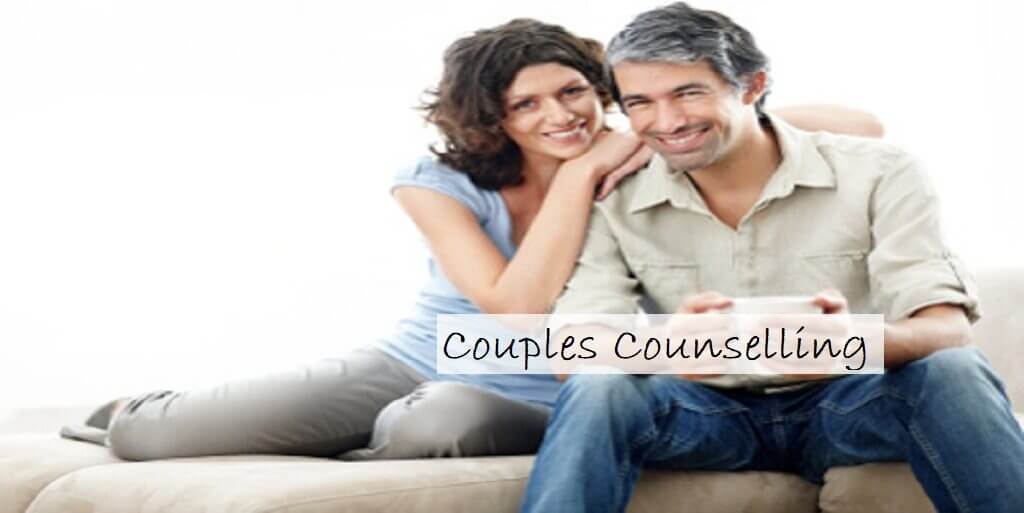Couples Counselling Kelowna & West Kelowna
 What Is Couple and Marriage Therapy?
What Is Couple and Marriage Therapy?
Couple and Marriage Therapy focuses on solving problems in relationships – between couples both married and unmarried, gay/lesbian relationships, common-law, ex-spouses, friends, co-workers, or business associates. Couple and marriage therapy usually includes speaking with each of the individuals separately to begin with, to get each of their sides of the story, with the goal of seeing the couple together. There is an exception though and that is, if there is determined to be any time of violence, or abuse. This is at the discretion of each of the individual counsellors and the original goal of couple counselling may not be achieved due to the increased safety risks of the individuals involved. Additionally, each counsellor may invite you to perform tasks or complete homework assignments. It’s up to you whether you complete them or not but you will gain the most from this experience if you contribute by completing the necessary homework in a timely manner. What you put in to this, you will get out of it. If you are not going to put any effort into working on things, than maybe this process isn’t for you.
Do I have to be in a relationship to go to Couple and Marriage Therapy?
No. Individuals often seek couple and marriage therapy to work on personality or relationship issues and emotional problems. Frequently, individuals may attend therapy to work on issues which may be preventing them from being in a relationship or to work on problems from a marriage or from a relationship that has previously come to an end.
The couples that seek counselling are not always married but may benefit from couple and marriage therapy. Actually, lots of people go to pre-marital therapy to assist in the developing and making their relationship stronger which may lead to marriage. Now-a-days many busy couples go to counselling for regular maintenance every couple of years, so they don’t find themselves straying too far apart. Additionally, post-marital therapy – which focuses on concerns around separation, children, extended family, friends, and division of property – is a familiar use of couple therapy.
For anyone wanting to improve their relationship, couples counselling may be for them. Individuals who are engaged in relationships, whether friendships, other options to marriage, or work relationships, also may attend therapy to figure out problems or strengthen the relationship.
What if we’re not “ill” or “crazy”, but have normal problems like everyone else – issues we do not believe are severe enough to need therapy?
The belief that only those with a mental illness can gain from couple and marriage therapy is a myth. Life transitions, changes, stress, and problems can be anticipated in any relationship and therapy can only help prevent little problems from developing into serious ones.
The professional counsellor is skilled to strengthen relationships, and so that problems can be prevented from coming up, as well as raise the quality of the relationship, family life and other relationships.
What if my partner doesn’t want to participate?
Not all individuals have to take part in the therapy. Uninterested parties frequently become involved in the therapy process later on, if there is at least one driven person in therapy. Not all couple and marriage therapists require all individual members to be present for sessions.
How does couple and marriage therapy differ from other forms of therapy?
Couple and marriage therapy differs from individual or group therapy in that it concentrates solely on solving problems in relationships between individuals. Couple and marriage therapists believe that an individual’s problems are commonly a signal of challenges between people, ie. a person may become isolated within their relationship situation. Typically, couple and marriage therapy works to cultivate relationships between people, and increase understanding of family roles, patterns, goals, and stages of growth. In comparison, traditional therapists frequently concentrate on an individual’s personal problems, inner emotions, or past growth through reflection or insight.




